Child Development Philosophy
CAAS Head Start understands that each child is an individual. Our teachers and curriculum support the individual abilities and learning styles of each child.
CAAS Head Start believes that parents and guardians are the first educators of their children. They continue to be central to their children’s development through the early years of life and beyond. Successful preschool experiences for children depend on the involvement and teamwork of parents, teachers, and family advocates. Our program provides many opportunities for families to take part in their child’s development and learning. Families are always welcome in the classrooms!
CAAS Head Start creates inviting classroom environments that support children’s learning. The materials and equipment in our classrooms are appropriate for young children and are designed to encourage exploration, creativity, problem solving skills, and social engagement. We believe that children’s play is children’s work!
CAAS Head Start strives to do our very best to support children’s kindergarten readiness. We provide children with experiences and opportunities that guide their learning and expand their thinking. We dedicate ourselves to creating life-long learners by instilling a love of learning in our children.
School Readiness
Head Start defines school readiness as children possessing the skills, knowledge, and attitudes necessary for success in school and life. The Head Start approach to school readiness means that children are ready for kindergarten, families are ready to support their children’s learning, and that the receiving schools are ready for Head Start children. Head Start is a leader in the early childhood field with a strong, clear, and comprehensive focus on all aspects of healthy development.
The five essential domains of school readiness are:
(1) Language and early literacy development
(2) Cognition: Mathematics and Scientific Reasoning
(3) Approaches toward learning: persistence, attention, curiosity
(4) Perceptual, Motor, and Physical development
(5) Social and emotional development: managing emotions and being a member of a classroom community
All of these domains in combination are important for a successful education.
Language Development and Dual Language Learners
Children learn language over many years from interactions with adults and other children. During the preschool years, language develops rapidly. The development of strong language skills – listening, speaking, and thinking with words—is a
Head Start goal for all children. Many Head Start children speak a language other than English at home and will be dual language learners. Head Start has the responsibility to help these children to become familiar with English while continuing to develop strong language skills in their home languages. Language development is a long process that lasts for many years beyond Head Start. Human beings continue to learn language throughout school and life. Learning English is a long process too. A strong foundation in the home language is important when learning a second language. And a strong foundation in language, one or more, is important for learning to read and write.
When dual language learners move on to the public schools, they will continue to be supported in their development of English language skills. The journey does not end with Head Start.
Listening to speech and understanding a language develops earlier than speaking and communicating with the language. In other words, at any point in time, children understand more words and advanced sentences than they use themselves. This is also true for dual language learners who may understand some of what is being said in English but are not yet speaking it.
All children in our society need to acquire English for success in school and in life. But they can learn English without losing their home language. Families should be aware that focusing only on English at a very early age might mean that children will give up their home language. If parents do not speak English well and their children lose the home language, serious communication and relationship problems are likely to occur.
Young children are developing language and early reading and writing skills at the same time. The two are interrelated. Reading to children supports their language development, because the words and grammar used in books are different from what we hear in regular speech. Talking with children about what is read further boosts both vocabulary and comprehension. Knowing more vocabulary words and concept helps children make sense of stories and books.
Children need lots of real experiences and lots of interactions with adults to make language come alive for them. Our teachers, advocates, and specialists will encourage you to talk with your child each day about what they did in school and what they do with you. You should speak with your child in the language you know best so that you can teach them advanced vocabulary and complex thoughts. Children learn from hearing adults speak. They learn by asking questions and responding to questions.
Our teachers use many strategies in the classroom to support language development and English learning throughout the day. We read with the children, discuss stories, sing songs, act out new words and concepts, and review what the children have done while playing and learning. Even meal time is a good time to encourage speaking, listening and thinking in Head Start!


